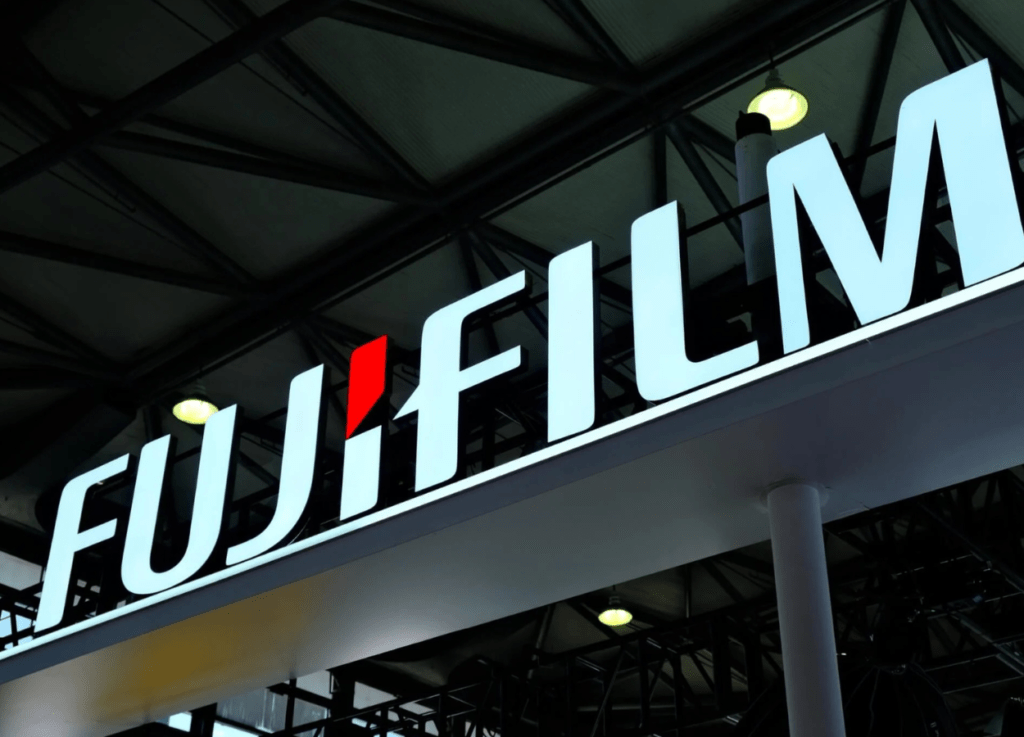Fujifilm Holdings has announced plans to invest ¥100 billion ($640 million) by March 2027 to expand its global semiconductor materials production, according to a Nikkei report from January 26, 2025. The company is targeting key markets, including the U.S., Japan, and South Korea, where leading chipmakers like Intel, TSMC, Samsung, and SK Hynix are ramping up advanced fabrication facilities.

The expansion includes a ¥13 billion ($83 million) facility in Shizuoka, Japan, and new equipment at its Pyeongtaek, South Korea plant, which will be operational by fall 2025. Additionally, Fujifilm plans to boost output at its Cheonan plant by 30% when mass production begins in spring 2027.
The company is also exploring opportunities in India, considering partnerships with local firms or joint ventures for chip material production, with the possibility of building facilities post-2027 based on market demand.
This investment reflects a significant increase in Fujifilm’s spending over the past three years, driven by the global surge in semiconductor demand. As chipmakers invest billions in new manufacturing plants, companies like Fujifilm are scaling up to support this growth.
Fujifilm aims to double its semiconductor materials sales to ¥500 billion ($3.2 billion) by fiscal 2030. According to leading Japanese market research group Fuji Keizai, the global chipmaking materials market is projected to grow 35% to $58.3 billion by 2029.
Fujifilm ranks fifth globally in photosensitive semiconductor materials production and is one of only five manufacturers of ultra-pure extreme ultraviolet (EUV) photoresists, alongside JSR, DuPont, Tokyo Ohka Kogyo, and Shin-Etsu Chemical. EUV lithography requires materials that meet stringent standards for sensitivity, resolution, and compatibility with photomask materials.
Japanese firms currently control about 50% of the global chipmaking materials market. With this aggressive expansion, Fujifilm is poised to strengthen its position in the semiconductor sector and meet rising global demands.
